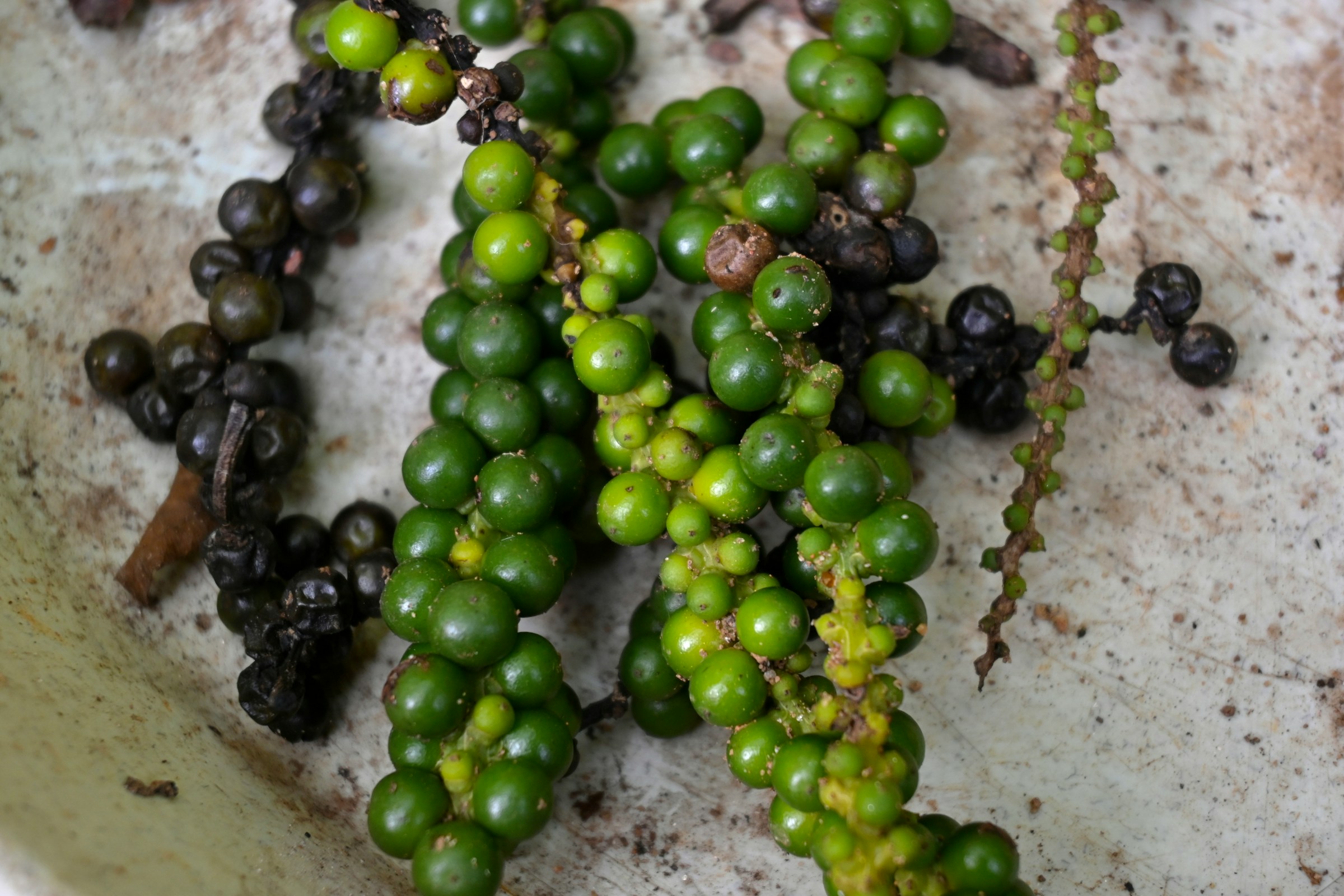The Impact of Climate Change on Coffee Production in Kodagu
Kodagu's coffee production is facing significant challenges due to climate change. In recent years, Kodagu has experienced changes in temperature, rainfall patterns, and extreme weather events, all of which have negatively impacted coffee production.
One of the primary ways in which climate change is affecting coffee production in Kodagu is through changes in temperature. Coffee plants require specific temperature ranges to thrive, with an ideal range of 18-24°C. However, rising temperatures in Kodagu are causing a reduction in the quality and yield of coffee beans. As temperatures increase, the coffee cherries ripen faster, resulting in lower quality beans with less desirable flavors. Additionally, higher temperatures increase the likelihood of pests and diseases, which can further reduce yields.
Another way in which climate change is affecting coffee production in Kodagu is through changes in rainfall patterns. Coffee plants require a specific amount of water to grow and produce high-quality beans. However, Kodagu has been experiencing changes in the timing and distribution of rainfall, with some years seeing more rainfall than usual, and others seeing less. These irregular patterns of rainfall make it challenging for coffee growers to manage irrigation effectively, which can result in lower yields and lower-quality beans.
In addition to changes in temperature and rainfall patterns, Kodagu has also experienced extreme weather events, such as floods and landslides, which can cause significant damage to coffee plantations. These events can destroy coffee plants and disrupt the coffee supply chain, resulting in lower yields and higher costs for growers.
To mitigate the impact of climate change on coffee production in Kodagu, coffee growers are implementing a range of strategies. Some growers are adopting climate-smart agriculture practices, such as agroforestry, which involves planting trees alongside coffee plants to provide shade and retain moisture in the soil. Other growers are using irrigation technologies to manage water more effectively, while some are experimenting with new coffee varieties that are better suited to changing climate conditions.
In conclusion, climate change is having a significant impact on coffee production in Kodagu, with changes in temperature, rainfall patterns, and extreme weather events all affecting yields and quality. However, coffee growers in the region are implementing a range of strategies to adapt to these changes and ensure the long-term sustainability of coffee production in Kodagu.


.jpg)















